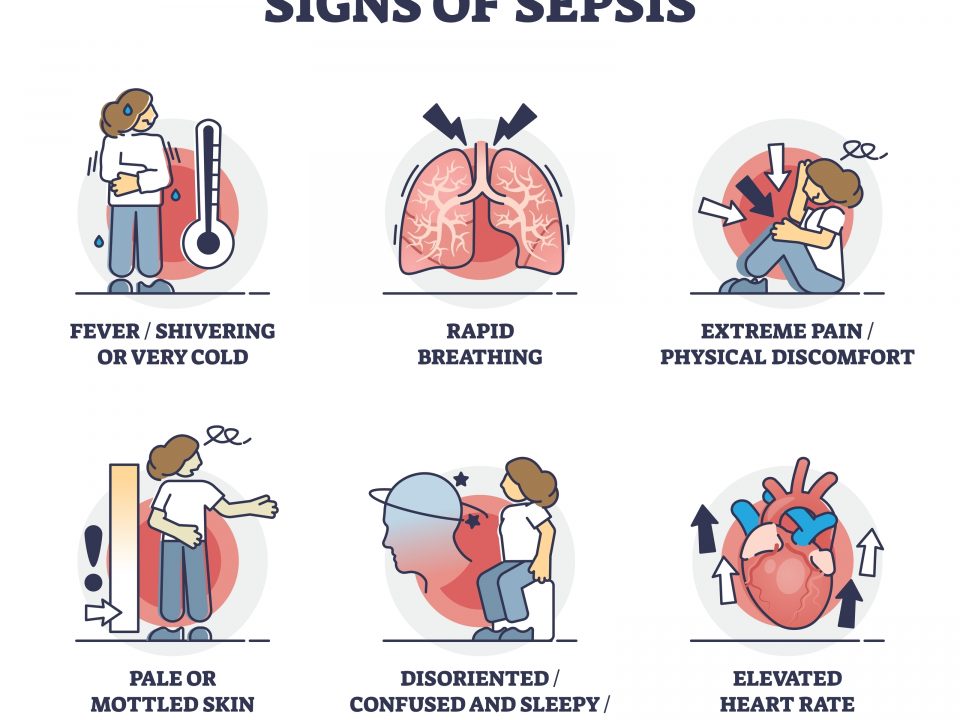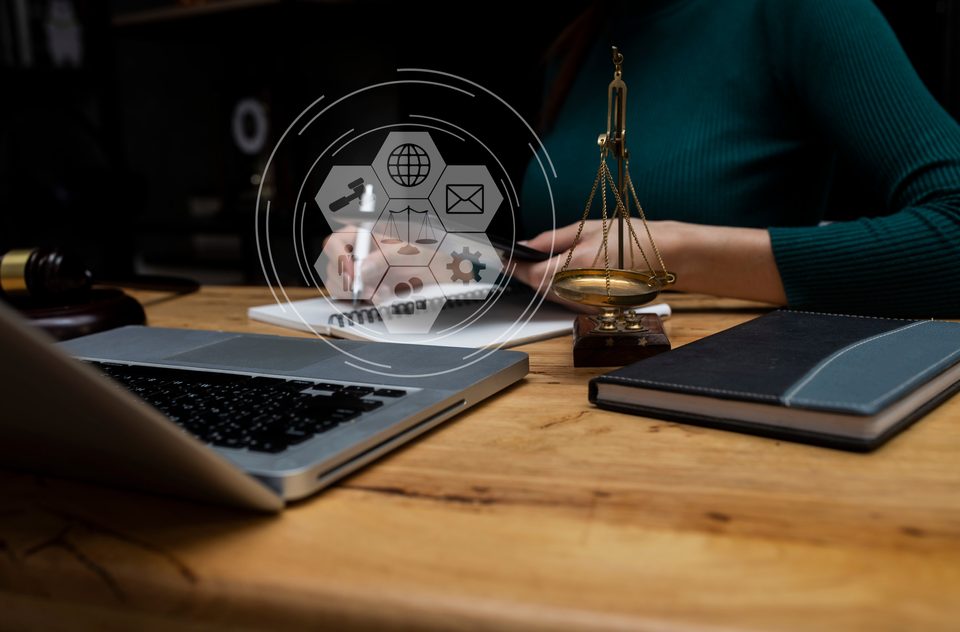
COVID-19: Clinical Perceptions Five Years On — A UK Medico-Legal Perspective
16th April 2025
Is There Hidden Danger in AI Transcription of Clinical Encounters?
29th April 2025The COVID-19 pandemic has had a seismic impact on global healthcare systems, and its ripple effects continue to shape how care is delivered today. For those in the medico-legal field, these changes raise important questions about duty of care, consent, access, and accountability in a rapidly evolving clinical environment. As we emerge from the acute phase of the pandemic, it’s clear that healthcare delivery has undergone permanent transformations—some beneficial, others problematic.
The Rise of Telemedicine
Perhaps the most obvious shift has been the rapid adoption and normalization of telemedicine. During lockdowns, virtual consultations became a necessity. Since then, they’ve become a preferred method of care for many non-urgent consultations. This has expanded access for some—particularly those in rural areas or with mobility issues—but also highlighted significant inequalities in digital access and literacy.
From a legal standpoint, telemedicine introduces new complexities. How is informed consent documented in virtual settings? Are clinicians held to the same standard of care when examining a patient through a screen rather than in person? These are not hypothetical questions. Courts and regulatory bodies will increasingly have to grapple with claims where diagnoses were missed or delayed due to the limitations of virtual assessments.
Strains on Workforce and Systems
COVID exposed and exacerbated long-standing workforce shortages. Burnout, moral injury, and post-traumatic stress have become defining features of the post-pandemic health workforce. The medico-legal implications here are profound. Staff shortages can lead to delays, rushed consultations, and mistakes. Questions of liability in such contexts—particularly where systems have failed staff—will become more frequent and more contested.
There’s also been a rise in task-shifting, with responsibilities redistributed across different tiers of healthcare professionals. While this can be efficient, it raises issues around scope of practice, supervision, and indemnity. Are we adequately protecting patients and professionals alike when roles are blurred?
Infection Control and Ethical Dilemmas
Another enduring legacy of COVID is heightened attention to infection control and public health ethics. Early in the pandemic, we saw restrictions on patient visitation, limitations on elective surgeries, and changes to resuscitation protocols. While many of these measures were necessary, they sometimes clashed with fundamental principles of patient autonomy and dignity.
Ethical dilemmas abounded: denying family access to dying patients, prioritizing ICU beds, and altering standards of care in overwhelmed systems. These situations exposed the need for clearer medico-legal frameworks to guide care during public health emergencies, including how decisions are made, documented, and reviewed.
Data, Privacy, and Remote Monitoring
The pandemic accelerated the use of remote monitoring tools and data-sharing platforms. Wearable technology, home pulse oximetry, and app-based symptom trackers have all gained traction. But increased reliance on digital data raises pressing concerns about confidentiality, consent, and cybersecurity. Who owns the data? Who is responsible if it is lost, misused, or hacked?
These questions are particularly relevant to medico-legal professionals assessing negligence claims or breaches of privacy. The legal infrastructure has yet to fully catch up with the pace of technological change in healthcare.
Toward a Hybrid Future
Despite its challenges, COVID has also prompted innovation. Many services are now moving toward a hybrid model of care, combining face-to-face and remote interactions. This model can offer the best of both worlds—if implemented thoughtfully. For medico-legal professionals, the key will be ensuring that innovation doesn’t outpace regulation, and that patient safety and rights remain at the center of evolving practices.
Conclusion
COVID-19 has unquestionably changed how we deliver care. It has accelerated digital transformation, revealed systemic weaknesses, and brought ethical and legal issues to the forefront. For medico-legal practitioners, the task now is to help shape the legal frameworks and standards that will govern this new landscape—balancing innovation with accountability, access with equity, and flexibility with clear, enforceable protections. The pandemic may be receding, but its legacy in healthcare delivery is here to stay.




